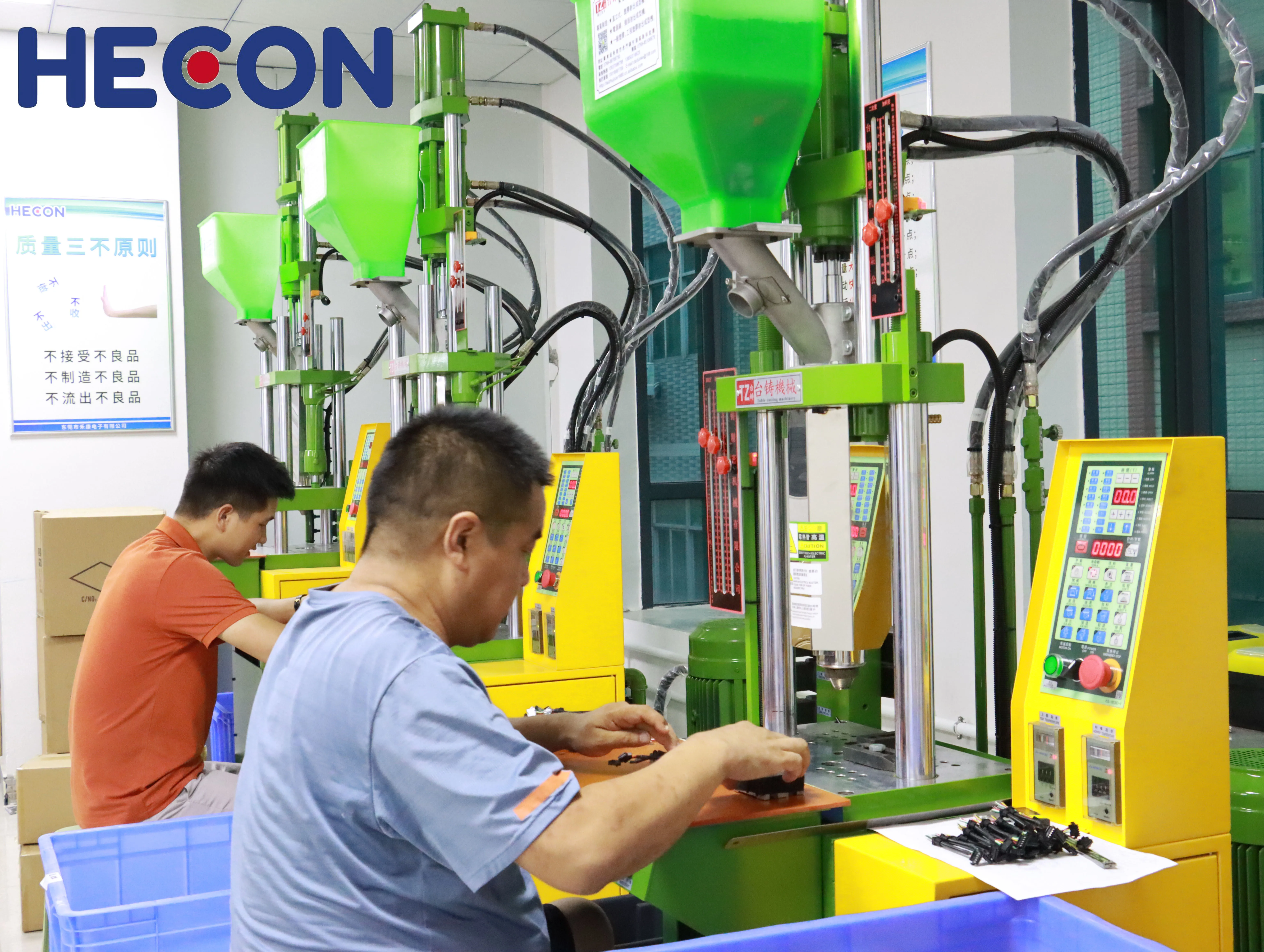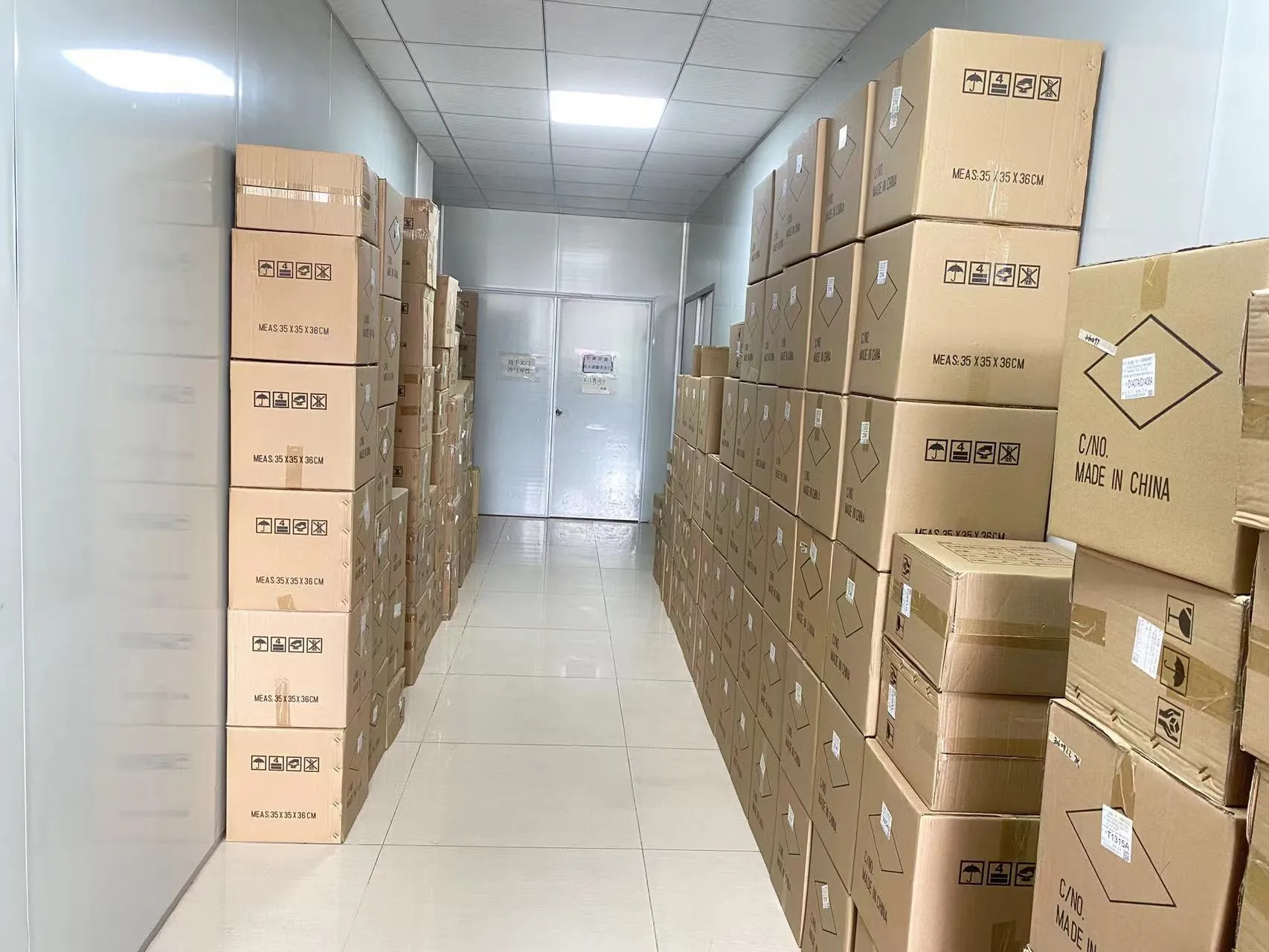Key Differences Between Spring Contact Connectors and Other Types of Connectors in Low Voltage Electrical Applications
Release time:
2025-04-18
Key Differences Between Spring Contact Connectors and Other Types of Connectors in Low Voltage Electrical Applications In the realm of low voltage electrical applications, connectors play a crucial role in ensuring efficient and reliable connections. Among the various types of connectors, spring contact connectors are gaining popularity due to their unique operational characteristics and benefits.
Key Differences Between Spring Contact Connectors and Other Types of Connectors in Low Voltage Electrical Applications
In the realm of low voltage electrical applications, connectors play a crucial role in ensuring efficient and reliable connections. Among the various types of connectors, spring contact connectors are gaining popularity due to their unique operational characteristics and benefits. This article aims to delve into the key differences between spring contact connectors and other types, equipping you with the knowledge to make informed choices for your projects.
Table of Contents
- 1. Understanding Connectors in Low Voltage Applications
- 2. What are Spring Contact Connectors?
- 3. Overview of Other Types of Connectors
- 4. Key Differences Between Spring Contact Connectors and Other Types
- 5. Advantages of Using Spring Contact Connectors
- 6. Disadvantages of Spring Contact Connectors
- 7. Ideal Use Cases for Each Type of Connector
- 8. Maintenance and Reliability Considerations
- 9. Conclusion
- 10. Frequently Asked Questions (FAQs)
1. Understanding Connectors in Low Voltage Applications
Connectors are integral components in electrical systems, enabling the transfer of power and data between devices. In low voltage applications, where safety and efficiency are paramount, selecting the appropriate connector type can significantly influence system performance. This section will provide a foundational understanding of the role of connectors in low voltage environments, setting the stage for a detailed exploration of spring contact connectors and their alternatives.
2. What are Spring Contact Connectors?
Spring contact connectors, often referred to as spring-loaded connectors, utilize a spring mechanism to maintain a secure connection. This design ensures that the contact points remain engaged even when subjected to vibrations or movement. The mechanism comprises conductive springs that offer superior resilience and electrical conductivity, making them a popular choice in various applications.
Types of Spring Contact Connectors
Spring contact connectors come in several configurations, including:
- Single Spring Connectors: Generally used for quick connections and disconnections.
- Multi-Spring Connectors: Provide enhanced contact reliability and distribute electrical load evenly.
- Flat Spring Connectors: Ideal for applications requiring a low-profile design.
3. Overview of Other Types of Connectors
Besides spring contact connectors, there are several other types of connectors commonly used in low voltage applications:
Pin Connectors
These connectors consist of a pin and a socket, providing a straightforward way to establish connections. They are versatile and widely used in electronic devices.
Terminal Block Connectors
Terminal blocks are modular connectors that allow multiple wires to connect in one unit. They are useful for organizing and managing electrical connections within a system.
Block Connectors
Block connectors are designed for high-density applications, offering numerous connection points in a compact space. They are often found in industrial settings.
4. Key Differences Between Spring Contact Connectors and Other Types
Understanding the distinctions between spring contact connectors and other types is essential for selecting the right connector for your particular application. Here are the primary differences:
Connection Mechanism
Spring contact connectors utilize a spring mechanism to maintain contact, whereas pin and terminal block connectors rely on physical insertion. This makes spring contact connectors more resilient to disconnections caused by movement or vibrations.
Pressure Sensitivity
Spring contact connectors can adapt to varying pressure levels, ensuring consistent electrical connections even under strain. In contrast, other connector types may suffer loss of contact under similar conditions.
Size and Form Factor
Typically, spring contact connectors are compact and easier to integrate into tight spaces. Other types, like terminal blocks, can be bulkier, which may limit their application in constrained environments.
Electrical Performance
Spring connectors often provide superior electrical performance, including lower contact resistance, compared to traditional pin connectors. This can lead to improved efficiency and reduced heat generation.
Ease of Use
Spring contact connectors facilitate easier connections and disconnections, making them ideal for applications requiring frequent maintenance or troubleshooting. Other types may require more effort to connect or disconnect securely.
5. Advantages of Using Spring Contact Connectors
Spring contact connectors come with various advantages that make them suitable for specific applications:
Enhanced Durability
The spring mechanism provides excellent durability, making these connectors less prone to wear and failure over time.
Resistance to Vibration
Due to their design, spring contact connectors maintain a reliable connection even in high-vibration environments, such as automotive or industrial applications.
Quick and Easy Connections
Spring contact connectors are designed for quick connect and disconnect, allowing for efficient maintenance and repair processes.
Versatile Applications
These connectors are versatile, suitable for various applications, from consumer electronics to heavy industrial equipment.
6. Disadvantages of Spring Contact Connectors
While spring contact connectors offer numerous benefits, they also have some drawbacks:
Cost
Spring contact connectors can be more expensive than traditional connectors, which may be a consideration for budget-sensitive projects.
Compatibility Issues
In some cases, spring contact connectors may not be compatible with existing systems designed for other connector types.
7. Ideal Use Cases for Each Type of Connector
Choosing the right connector type is crucial for optimal performance. Here are some ideal use cases:
Spring Contact Connectors
- Automotive applications where vibration resistance is critical.
- Consumer electronics that require frequent disconnections.
- Industrial machinery exposed to harsh conditions.
Pin Connectors
- General-purpose applications in consumer electronics.
- Simple and low-cost devices where space is not a constraint.
Terminal Block Connectors
- Power distribution panels where multiple connections are needed.
- Electrical junctions requiring organized wiring systems.
Block Connectors
- High-density applications in telecommunications.
- Industrial automation systems requiring numerous connections.
8. Maintenance and Reliability Considerations
To ensure optimal performance and longevity of connectors, regular maintenance is essential. Here are some tips:
Regular Inspections
Perform routine inspections to check for signs of wear, corrosion, or damage. Early detection can prevent failures.
Proper Installation
Ensure connectors are installed according to manufacturer guidelines to avoid issues related to improper use.
Environment Considerations
Choose connectors suitable for the environment they will be used in, taking into account factors like humidity, temperature, and exposure to chemicals.
9. Conclusion
In conclusion, understanding the key differences between spring contact connectors and other types is essential for any professional working in low voltage electrical applications. Spring contact connectors offer unique advantages, such as enhanced durability and resistance to vibration, making them suitable for various demanding applications. By analyzing the specific requirements of your electrical projects, you can make informed decisions that optimize performance, reliability, and efficiency.
10. Frequently Asked Questions (FAQs)
1. What are the main benefits of spring contact connectors?
Spring contact connectors offer enhanced durability, resistance to vibration, and ease of use, making them ideal for dynamic applications.
2. Are spring contact connectors more expensive than traditional connectors?
Yes, spring contact connectors tend to be pricier than traditional options due to their advanced design and performance characteristics.
3. Can spring contact connectors be used in high-temperature environments?
Spring contact connectors are suitable for high-temperature environments; however, always check the manufacturer's specifications for temperature tolerance.
4. How do I know which connector type is right for my application?
Assess the specific requirements of your application, including space constraints, frequency of disconnection, and environmental factors, to determine the best connector type.
5. How often should connectors be inspected for maintenance?
It's advisable to inspect connectors regularly, ideally every few months, especially in critical applications, to ensure they are functioning correctly.






